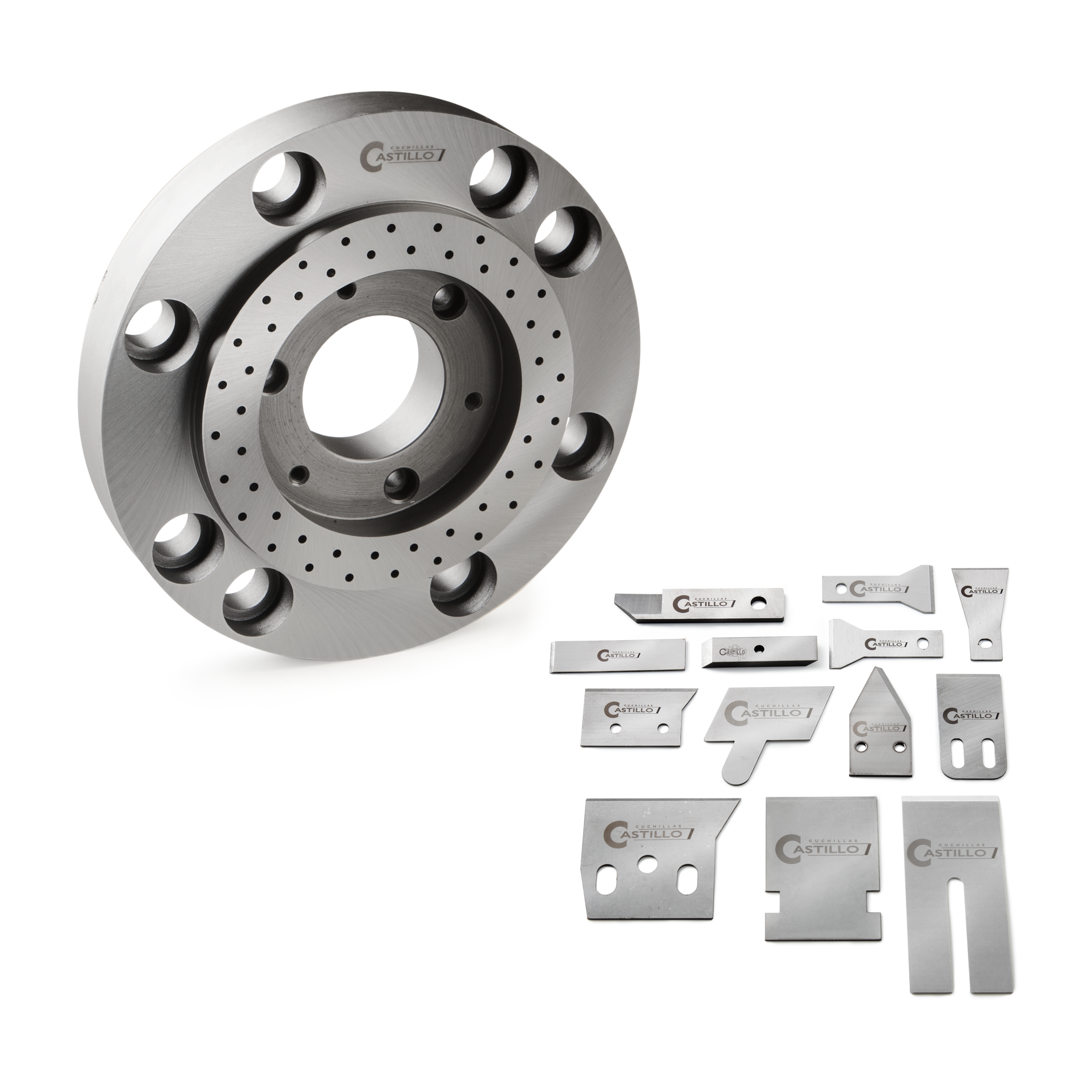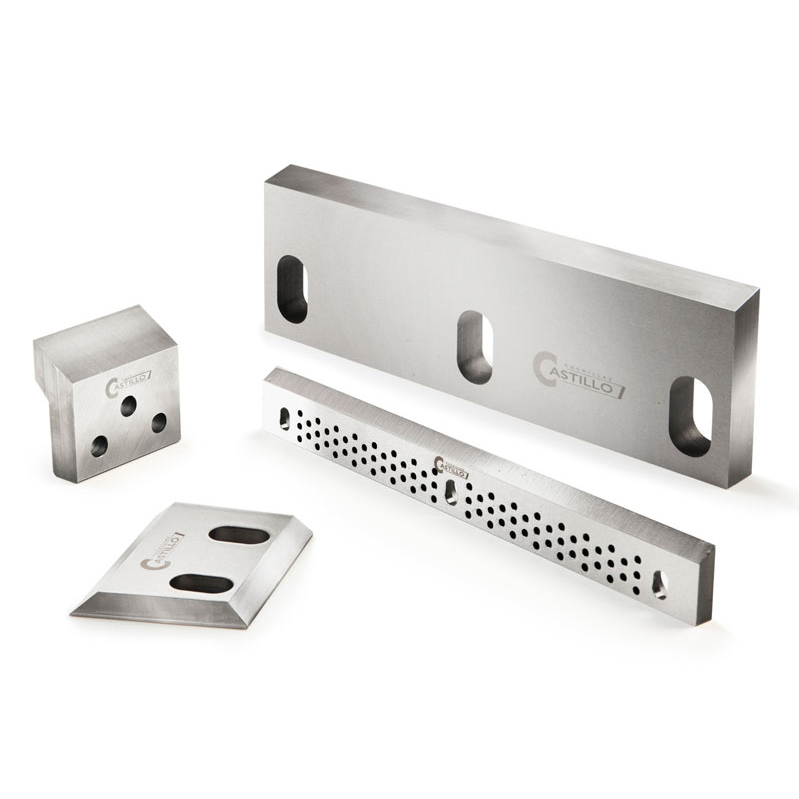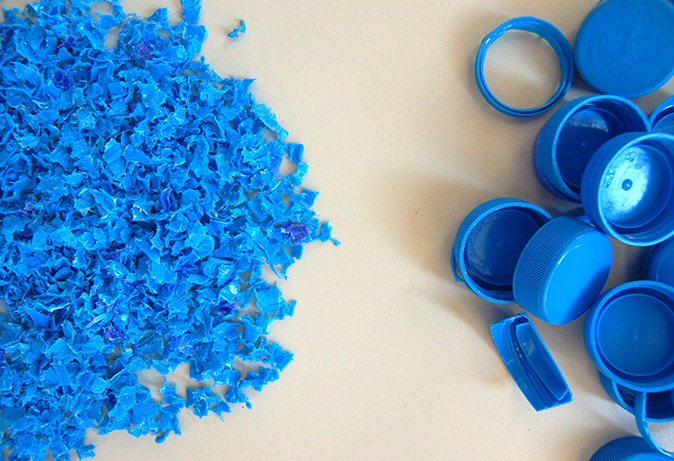Plastic recycling is essential for reducing environmental impact and advancing toward a circular economy, where resources are continuously reused rather than discarded. Every year, millions of tons of plastics end up in landfills and oceans, posing serious challenges for the environment. Post-consumer recycling, which focuses on recovering plastics used by consumers, is key to minimizing waste accumulation and transforming discarded materials into valuable resources.
By recycling plastics, not only is the demand for virgin raw materials reduced, but the carbon footprint associated with the production of new materials is also decreased. Recycled plastics, such as PE, HDPE, LDPE, PP, and PS pellets, are used to manufacture new products that meet the quality standards required by the industry. This process not only closes the material’s life cycle but also promotes sustainability by encouraging the use of recycled resources instead of virgin materials.
Recycling Process: From Waste to Plastic Pellets
The recycling process for post-consumer plastics begins with the sorting and cleaning of plastic waste. It is essential for the material to be clean and properly classified to obtain high-quality pellets. This step is carried out using specialized separators and washing machines that remove impurities and prepare the plastic for the next stages.
Once sorted, the clean plastic is fed into a pelletizing line. Here, the material is heated and extruded through a die, forming a continuous stream of molten plastic. It is then cut into small granules or pellets using granulating and pelletizing blades. This process converts the waste into reusable pellets for the production of new plastic products.
Sorting and Preparation for Pelletizing
Sorting plastic waste is a critical step to ensure the quality of the recycled material. Recycling plants use advanced technologies such as near-infrared (NIR) and X-ray fluorescence to identify and separate plastics by type and, in some cases, by color. This process helps remove contaminants and sort plastics into more homogeneous streams, which is essential for the subsequent recycling stage. Efficiency at this stage not only improves the final material quality but also increases profitability by reducing costs associated with contaminant removal and reprocessing.
Plastic washing is also fundamental, as it removes food residues, adhesives, or other substances that could compromise the quality of the recycled plastic. Specialized equipment combining water filtration and specific detergents is used to ensure effective cleaning. Only after sorting and washing are the plastics ready to be shredded and subsequently pelletized.
Importance of Granulating and Pelletizing Blades in Plastic Recycling
During the pelletizing stage, granulating and pelletizing blades are essential for cutting the molten plastic into uniform granules. The precision and quality of these blades are crucial to ensure that the resulting pellets have a consistent size, which is vital for the final product quality and consistency in subsequent manufacturing processes. Blade design must consider the type of plastic being processed, as harder materials or those with specific additives may accelerate blade wear.
The manufacturing of blades involves using advanced materials and heat treatment technologies to enhance wear resistance. This helps optimize their durability and reduce replacement frequency, leading to less downtime for production lines and significant savings in operating costs.


The Role of Cuchillas Castillo in Recycling
At Cuchillas Castillo, we specialize in providing customized solutions for the recycling industry, designing and manufacturing blades that meet each client’s exact specifications. We offer a variety of granulating and pelletizing blades compatible with leading recycling machines, such as Erema. Our focus is on maximizing blade lifespan by using high wear-resistant materials and applying specific treatments to improve their performance.
In addition to our catalog of industrial blades, we work closely with our clients to develop customized solutions according to unique plans and requirements, ensuring that each blade fits perfectly with the machinery and optimizes the recycling process.


